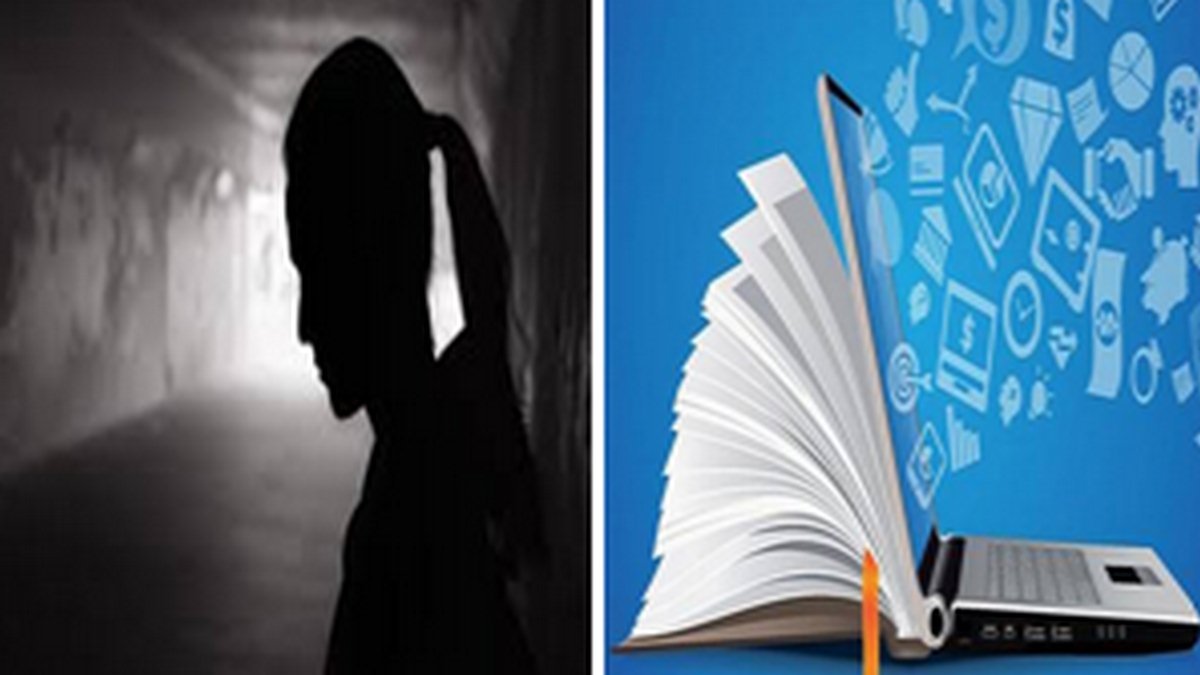PARIS: Interpol has warned that organised crime groups could attempt to steal supplies of vaccines or sell their own fake ones. Here are the latest developments in the coronavirus crisis:
Britain becomes the first Western country to approve a Covid-19 vaccine, announcing a rollout of the Pfizer-BioNTech jab from next week.
Health Secretary Matt Hancock claims Brexit helped it push approval through faster than the EU, which is likely to give the green light later this month.
US scientists are working on a nasal spray that will stop infection from the virus. Researchers at the University of Pennsylvania and the biotech firm Regeneron are testing the gene therapy on animals.
England exits a month-long lockdown, but most of Britain remains under restrictions as a new regional system for cutting infection rates kicks in.
The virus death toll nudged closer to the 1.5 million mark, with at least 1,482,240 killed by Covid-19, according to a tally from official sources compiled by AFP at 1100 GMT on Wednesday.
The US is the worst-affected country with 270,691 deaths, followed by Brazil with 173,817, India with 138,122, Mexico with 106,765 and the UK with 59,051.
– Wear masks indoors –
The World Health Organization says people should wear masks indoors if other people are near including in schools and workplaces. But it urges people not to wear them during vigorous physical activity.
Japan will give free vaccinations to all its 126 million population as the nation battles with record numbers of daily cases. The British government has accepted a recommendation by the country’s independent medicines regulator to approve Pfizer-BioNTech’s Covid-19 vaccine for general use.
Here are some of the next steps.
Pfizer said Wednesday it will begin delivering the vaccine to Britain within days.
UK Health Secretary Matt Hancock has announced the rollout will then begin “early next week” for the most vulnerable.
The country’s state-run National Health Service (NHS) will be charged with conducting the mass vaccination programme over the subsequent weeks and months.
The vaccine, which proved 95 percent effective in global trials, requires two doses 21 days apart.
BioNTech and Pfizer have said they expect to supply up to 50 million doses globally in 2020, and up to 1.3 billion in 2021.
Britain has pre-ordered 40 million in total, and expects to receive an initial batch of 800,000 to begin next week’s rollout.
Regulators are still to grant approval for the vaccine in the United States, which has ordered 100 million doses, and in the European Union, where 300 million are on order.
UK health officials have drawn up criteria to decide when people will receive any approved Covid-19 vaccines.
Preventing further deaths and protecting health and social care staff and systems are the top priority.
Elderly care home residents and their carers will be the very first to get inoculated, then those aged 80 and over and frontline health and care staff.
Other elderly people and the clinically extremely vulnerable will be next, with the rest of the population then prioritised by age.
In the US, a high-level panel of experts voted Tuesday for a similar plan that will see health care workers and residents of long-term care facilities get the jabs first.
Pfizer-BioNTech’s vaccine poses significant obstacles when it comes to transport and storage.
It must be stored at -70 degrees Celsius (-94 degrees Fahrenheit), temperatures much colder than those of a standard freezer.
The vaccine will be manufactured at BioNTech’s sites in Germany and Pfizer’s plant in Puurs, Belgium, and transported in temperature-controlled thermal shippers that use dry ice.
Professor Munir Pirmohamed, of the UK’s Commission on Human Medicines which advises on the safety of medicinal products, said it is stable for “a short period of time” at 2-8 Celsius.
This will allow for transportation and regular fridge storage for up to five days at distribution centres, according to the government.
It said last month it was “confident that the cold supply chain needed… will not cause any problems and will make no difference to the speed at which the UK will receive its doses”.APP
Newspakistan.tv | YouTube Channel











